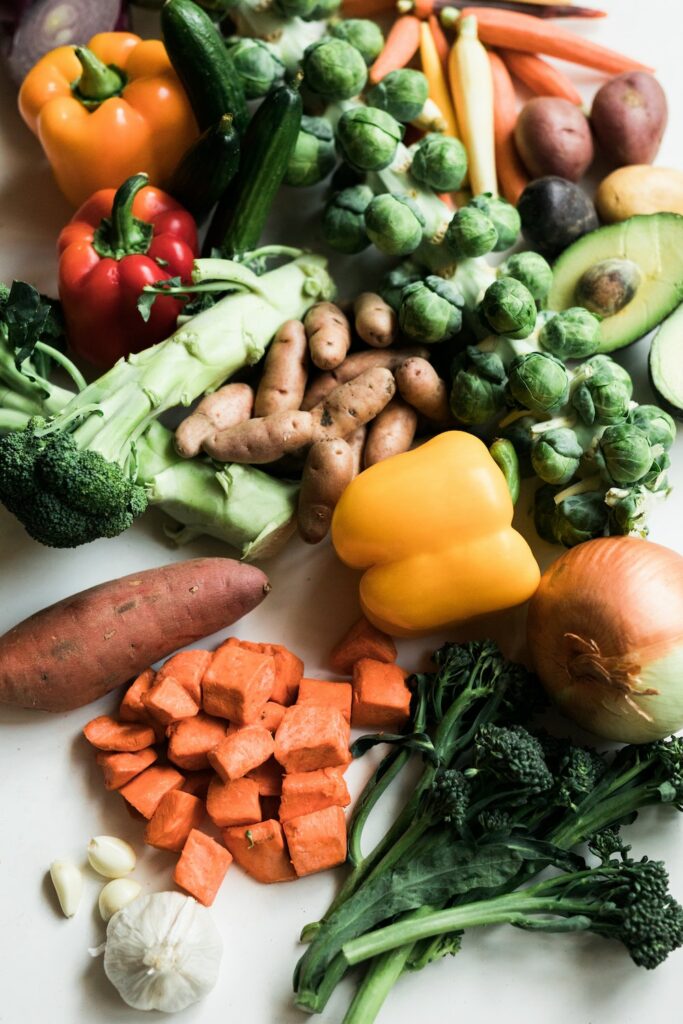“All diseases begin in the gut.”
Hippocrates
 The digestive system is like a river that runs through us. Every day we pile into our mouths many substances both friendly and not so friendly and hope that our digestive system will sort it all out. Generally our bodies cope very well but what we call food today would not have been recognised as such a hundred years ago.
The digestive system is like a river that runs through us. Every day we pile into our mouths many substances both friendly and not so friendly and hope that our digestive system will sort it all out. Generally our bodies cope very well but what we call food today would not have been recognised as such a hundred years ago.
The gut is the seat of our immune system bringing nutrients to every cell in the body. When this doesn’t happen we feel tired, can’t think clearly or develop symptoms of illness. If we ignore these signs we develop more severe health conditions.
Roughly 70% of our immune system is located in the gut. The 500 to 1,000 types of bacteria hosted by the gut helps us make vitamins, protect against infection and run your metabolism. Those bacteria comprise most of the DNA in your body. It manufactures more neurotransmitters than the brain such as serotonin. Your gut is the seat of communication, it can work without the brain.
Poor food choices lead to malnutrition through poor or incomplete digestion, some foods that may be considered healthy can irritate the gut lining. That is why so many of us suffer from digestive disorders like constipation, irritable bowel syndrome, indigestion and acid reflux.
Fresh, raw foods are missing from our diet, fresh fruit and vegetables lose their enzyme content due to travel and storage putting more strain on our digestive system.
“If it won’t rot, don’t eat it!”
Elizabeth Lipski on Digestive Wellness
Fibre is also missing and we’ve all known about it since the 1950s yet we still keep finding new ways of refining and processing foods, even in the ‘health foods’ market. Whole foods are natural and unprocessed providing us with fibre as an integrated part of our daily diet. Sometimes we don’t even know our food has been processed and we don’t even know there is a whole food alternative. We often expect our supermarkets to supply us with all our needs and it’s thanks to the interest in wholefoods that supermarkets now offer more and more even though it can be more expensive and harder to find than the refined equivalent. A wholefood diet is natural and often cheaper but requires you to plan and cook your own meals and to make them interesting and appetising. Wholefoods are usually bought without the colourful packaging we are used to that gives us inspiration!
When you eat out or go on holiday you may need to consider how you’re going to find a whole food diet.
Reference source: Elizabeth Lipski PhD, CCN, CHN, ‘Digestive Wellness’



